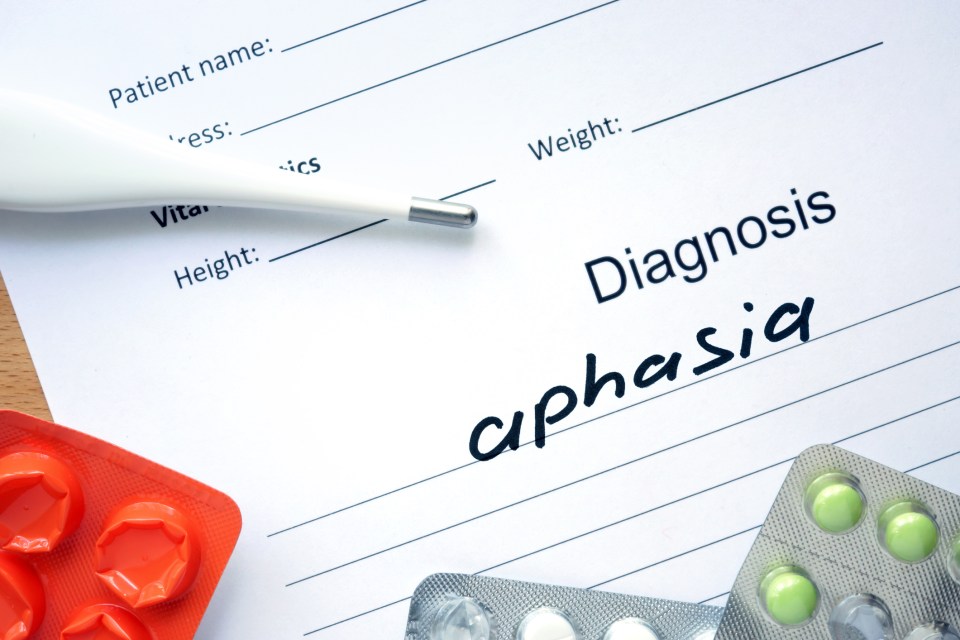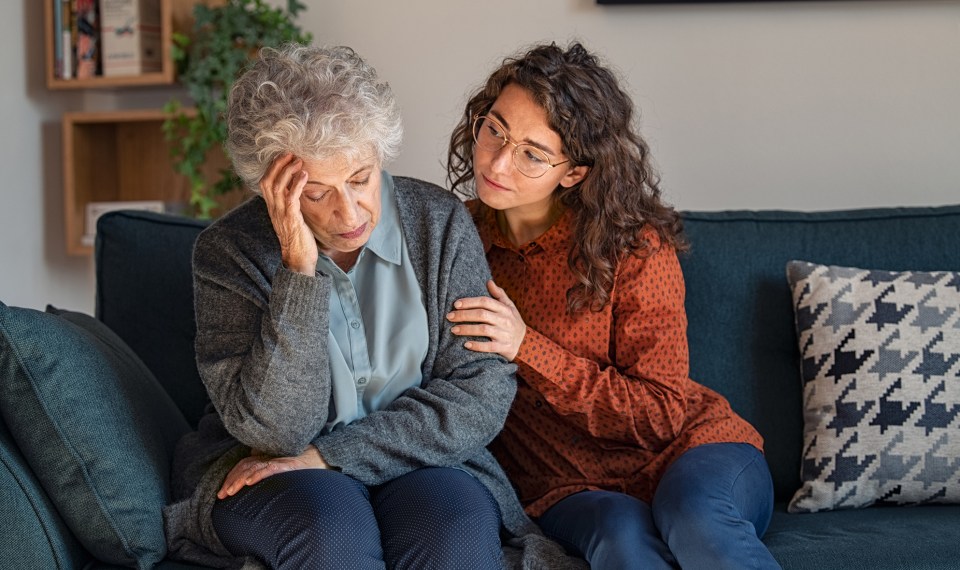Imagine suddenly losing the ability to communicate using any type of language, including speaking, reading, writing, gesturing and even understanding the speech of others. Without the ability to communicate, your basic needs and wants are not met. This frustrating affliction is called aphasia and it currently affects more than 2 million people in the world.
Aphasia is the loss of ability to understand or express speech, usually caused by brain damage after a stroke. However, aphasia does not affect a person’s intelligence, causing many sufferers to lose hope for recovery. Below are a couple of things to keep in mind when communicating with individuals with aphasia:
- Though they communicate differently, aphasia does not affect an individual’s intelligence.
- Aphasia does not affect an individual’s hearing whatsoever, so speaking loudly is not helpful.
Although there is no medical cure for aphasia, studies show that most people can improve over time, especially if speech-language therapy is involved. The social and cognitive benefits of inpatient rehabilitation for patients with aphasia can be life-changing. For an issue that specifically affects a person’s ability to communicate, any improvements can greatly improve overall quality of life.
During inpatient rehabilitation, physical therapy, occupational therapy and speech-language therapy teams begin meeting immediately to collaborate and reinforce each other’s goals within their sessions with the patient. Below is a sample plan that a team will put together for a patient.
Improve Attention
Oftentimes we begin by structuring a patient’s environment to facilitate focused and sustained attention, thus improving their processing and encoding of instructions and questions. As the therapy team sees a patient, we eliminate any environmental distracters and provide highly contextual, functional tasks to facilitate comprehension, initiation and spoken language.
Simplify the Individual’s World and Make it Important to Them
We then structure individual tasks and break them down into simpler parts that are achievable and less intimidating. For example, if they are getting dressed, we will offer a patient two shirts and request that she or he make a choice via pointing or verbalization. We provide communication opportunities for patients and immediate reinforcement for their choices, which oftentimes will leave them feeling accomplished, and, with this confidence, their ability to visually and auditorily process can increase daily.
Make Their World Bigger
Therapy activities eventually move from the patient’s room into a more distractible environment. Occupational therapists will begin using technology with patients to improve attention and initiation. Physical therapists will begin incorporating communication opportunities into therapy sessions, facilitating the patient’s verbal and physical participation. In speech therapy, we focus on tasks that integrate focused attention, sequencing and processing to target both cognition and language simultaneously.
Community Reintegration
Eventually, the team decides that it is time for the patient to practice their reacquired skills in a functional capacity to promote generalization and community reintegration. This can sometimes include taking a patient to lunch, where he or she is required to make choices from the menu, order independently, ask questions about the menu and physically navigate their environment. The highly distractible environment proves challenging at first, but with assistance and limiting their choices, the patient typically thrives.
When patients with aphasia leave our care, our goal is to have them living comfortably and relaxed in their own environment. Through collaboration and treating cognition, language and physical deficits by following a step-by-step plan, quality of life can be restored.
The content of this site is for informational purposes only and should not be taken as professional medical advice. Always seek the advice of your physician or other qualified healthcare provider with any questions you may have regarding any medical conditions or treatments.



